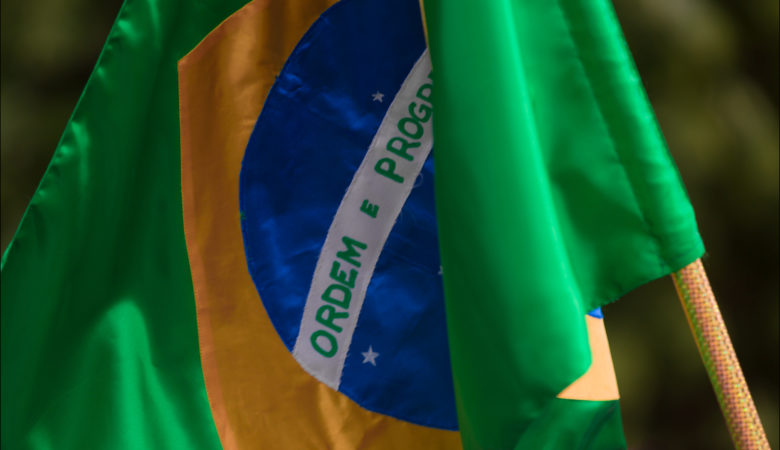Brazil Strengthens IP Rights By Acceding to Madrid Protocol
The World Intellectual Property Organization (WIPO) announced that it had received notice of Brazil’s accession to the Protocol Relating to the Madrid Agreement Concerning the International Registration of Marks. As a contracting party, Brazilian trademarks will now be protected in 120 other countries after only one filing in the Madrid system.
Brazil’s accession to the Protocol comes just ten days after a free trade agreement between the European Union and Mercosur was announced. The IP chapter requires, according to the Agreement in Principle that has been released, Mercosur countries to accede to the latest IP related international treaties that the EU is already committed to upholding. For Brazil, that includes the Madrid Protocol and the Nice agreement concerning classification of goods and services.
It is the latest move by the Bolsonaro administration to strengthen Brazil’s free-market system and promote private property rights. Clearly the administration accepts protecting intellectual property rights as a key component to development as well as increasing trade with Northern Hemisphere countries, something Bolsonaro’s predecessors sought to avoid.
Under the Madrid Protocol, an international applicant for a trademark can apply in their home country, then the application is processed by WIPO and disseminated to countries that are members of the Protocol. If a refusal is not issued by a country within 18 months, the protection is automatically granted in each country.
The advantages of being a member of the Protocol are clear. Currently, if a Brazilian entrepreneur or business wishes to protect a trademark abroad, it must apply in each country that it seeks protection. This is a bureaucratic nightmare of paperwork, filing fees, and varying legal systems that is both costly and time-consuming. Under the Protocol, this business can now file one application in Brazil with one fee and receive trademark protection in every country that is a member.
For international businesses that are looking to invest in Brazil, their accession to the Madrid Protocol is a sign of stability and that their brands will be protected. This common set of protections will alleviate concerns about uncertainty in domestic trademark law and allow for the simple process of the protection being registered in their home country while still being applicable in Brazil.
Trademarks are an essential part of the relationship between consumers and brands. Through recognition of unique identifiers and logos, consumers are able to quickly identify the brands that they prefer. This strong level of trademark protection granted under the Madrid Protocol will help reinforce this relationship by making it harder for counterfeit goods to enter the marketplace, as more brands registered through use of the Protocol will now have access to relief in the Brazilian courts for trademark infringements. This will help protect consumers from poor-quality products and brands from counterfeiters who infringe on their intellectual property.
With the addition of Brazil, the Madrid Protocol now includes the world’s ten largest economies as calculated by the International Monetary Fund. This is a huge victory for both brand owners and consumers, and hopefully serves as precedent for other Latin America countries to follow suit and join the Protocol.
Photo Credit: Adrien Sifre

